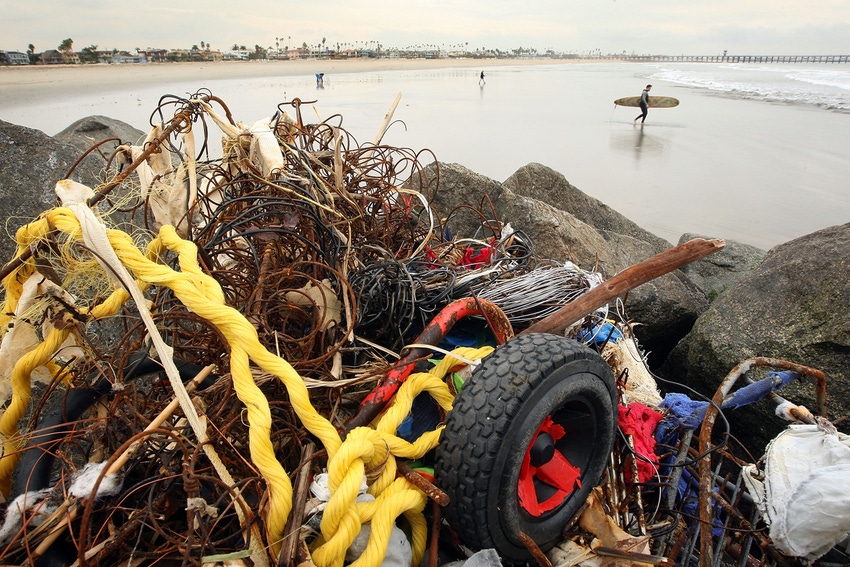World Plastics Council Lauds G20 Efforts to Reduce Marine Litter
Plastics makers agree with G20 leadership and the growing scientific consensus to develop an integrated and sustainable waste management infrastructure.

The World Plastics Council (WPC) applauded the Marine Litter Action Plan released by the G20 and commended states for “their commitment to substantially reduce marine litter and its impacts by 2025.”
“This urgent issue requires all of us working together and we look forward to further collaboration with G20 member states to solve this global challenge,” WPC Chairman Abdulrahman Al-Fageeh said in a statement.
Plastics makers agree with G20 leadership and the growing scientific consensus that the most effective step we can take under this urgent priority is to develop integrated and sustainable waste management infrastructure in rapidly emerging economies where such systems are lacking. Investing in waste collection and treatment facilities and promoting access to these infrastructure resources is the most responsible way to help prevent land-based waste from leaking into our oceans.
“The global plastics industry is already working with leaders in regions where ocean plastic inputs are highest, to ensure that waste management infrastructure is a priority. We look forward to sharing knowledge and expertise with G20 leadership,” Al-Fageeh said in a statement.
Around the world, plastics makers currently have more than 260 projects either planned, underway or completed to combat marine litter. Our combined efforts, to research and prevent marine debris under our Declaration of the Global Plastics Industry for Solutions on Marine Litter, have grown each year since 2011, when it was launched. Signed by 70 plastics associations in 35 countries, the declaration focuses on education, public policy, best practices, plastics recycling and recovery, plastic pellet containment, and research.
About the Author(s)
You May Also Like


